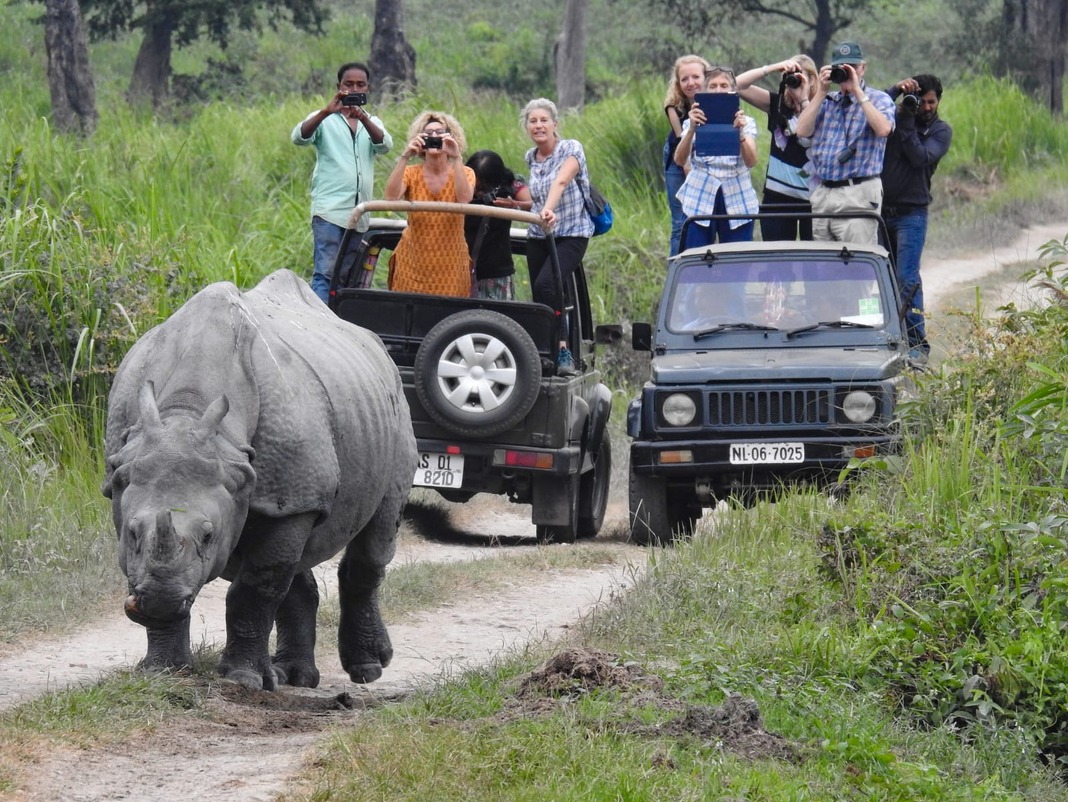Guwahati, Sept 27: Kaziranga National Park and Tiger Reserve, famed for its rhinos, elephants and tigers, has recorded 283 species of native insects and spiders, according to the first survey of its kind released on Saturday.
Of the total, 254 species are insects and 29 are spiders, making the study a vital step towards understanding Kaziranga’s often-overlooked biodiversity and its implications for combating climate change, officials said.
According to the survey, there are 85 species of butterflies and moths, 40 species of ants, bees and wasps, along with 35 species of beetles.
The report, titled ‘Explorative Study of Insects and Spiders of the Woodland Habitat of Kaziranga National Park & Tiger Reserve’, documented an impressive diversity of species in the woodland track of Panbari Reserve Forest under Eastern Assam Wildlife Division, a park official said.
The survey was conducted and published by entomologists from Corbett Foundation with the support of the forest staff of Kaziranga National Park.
The findings highlight the urgent need to take insect conservation seriously, especially as climate change threatens to accelerate species loss.
The survey reveals the park’s often-overlooked microfaunal richness and establishes a vital baseline for future research and conservation, officials added.
Globally, nearly 40 per cent of insect species are in decline due to habitat loss, deforestation, and climate change.
The study pointed out that while Kaziranga is celebrated for its megafauna, its resilience depends just as much on the small pollinators, soil aerators, and natural pest-controllers that keep the ecosystem functioning.
These insects and spiders are vital ecological indicators of a healthy environment, essential for seed dispersal, soil health, and plant regeneration, forming the very foundation of the food web that sustains Kaziranga’s iconic wildlife, according to the report.
Shifting rainfall patterns and rising temperatures are already altering habitats in Northeast India, and this study serves as a timely reminder that protecting insects and spiders is critical not only for biodiversity but also for building climate-resilient ecosystems, the official said. (PTI)




